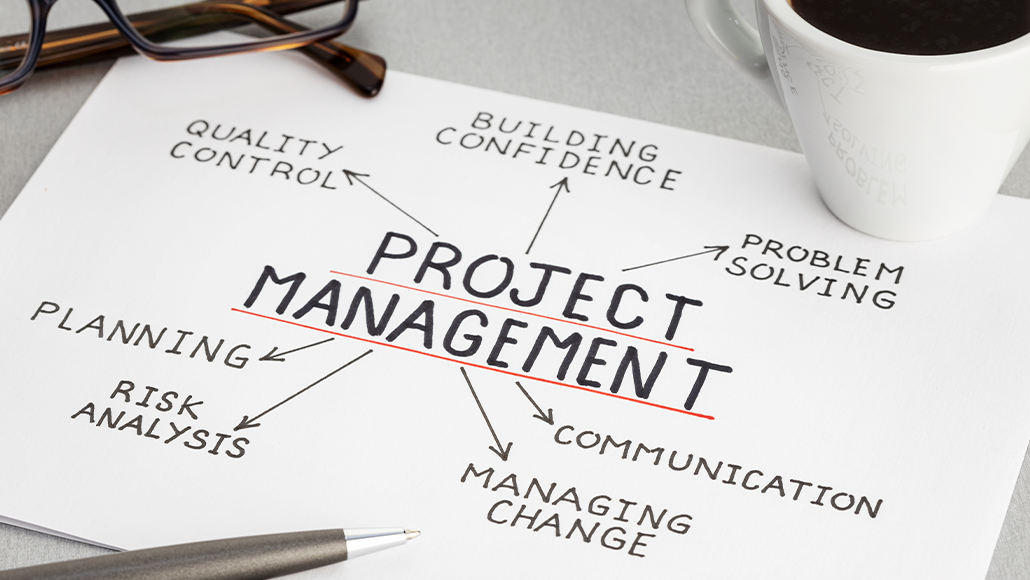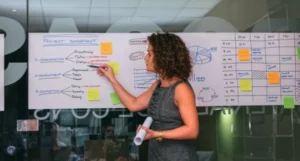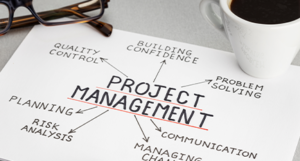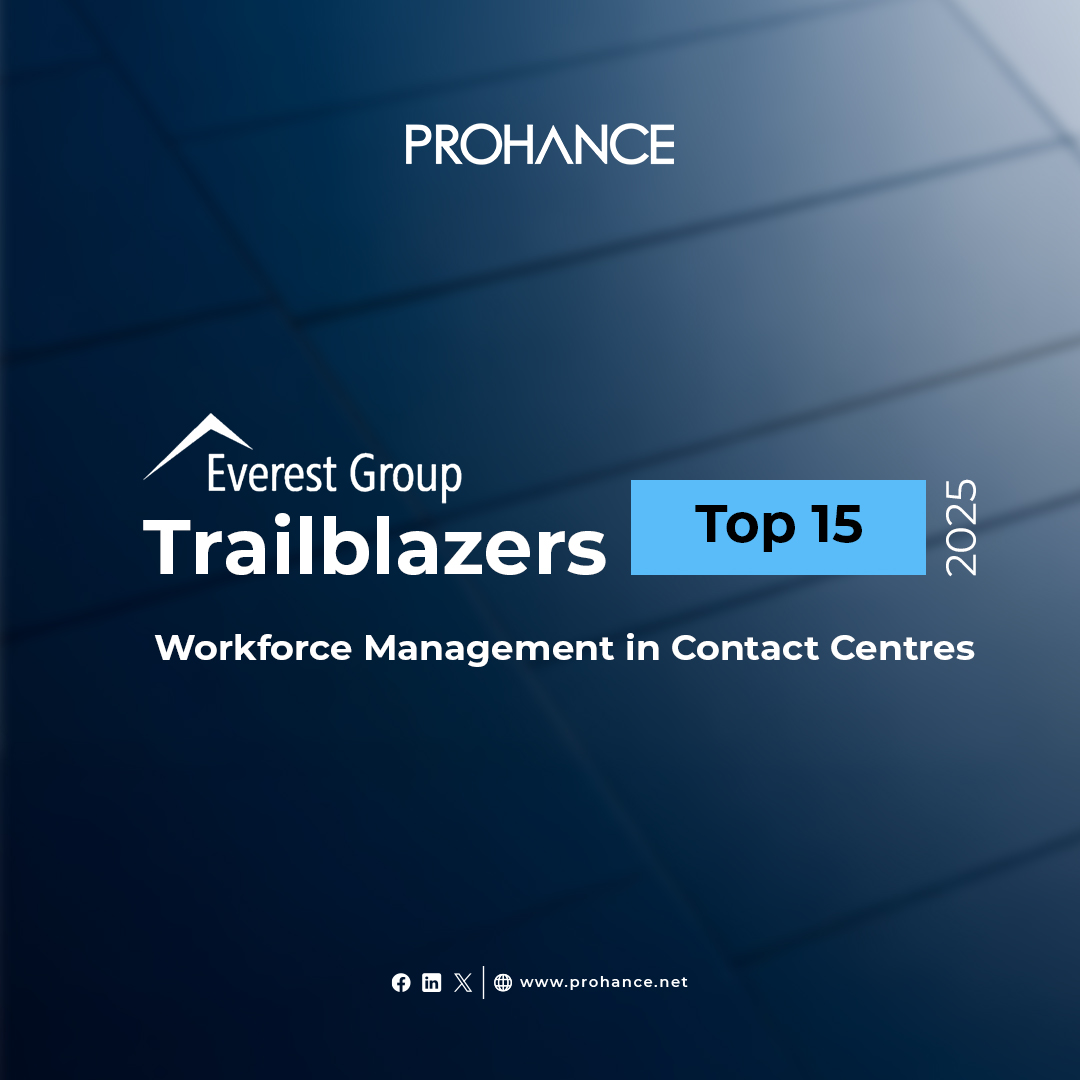10 Project Management Skills That Will Improve Your Team Performance and Career
Table of contents
Do you find it difficult to stay on top of your projects, keep your team on point, or meet your deadlines without exhausting yourself? You’re far from alone.
The Talent Gap report by PMI states that 2.3 million new positions in project management will be created annually. But what distinguishes successful project managers in this highly competitive industry? It is the ability to master certain business management skills that not only enhance the chances for career advancement but also enhance team and project performance.
In this blog, we will unlock the concepts surrounding project management, its skills, and its business value in 2025.
What is Project Management?
Project management is the discipline that involves the planning, organizing, directing, and controlling of the various activities involved in a given project to achieve the predetermined objectives within specified time, cost, and performance standards.
It includes the ability to
- plan and compulsorily map out all resources,
- handle all risks, and
- make sure that every person involved with the project has the same vision.
The need for project management arises from the complexity of modern projects, which require systematic approaches to deliver results effectively.
As Agile methodology gains traction, the emphasis on iterative, adaptive strategies underscores the importance of robust project management skills. According to the report, 71% of US agencies utilize Agile, and 91% of teams benefit from remote tools that assist in collaboration.
Types of Project Management
| Type | Description |
| Waterfall | A linear approach where each phase depends on the completion of the previous. |
| Agile | An iterative, flexible methodology focusing on continuous improvement. |
| Scrum | A subset of Agile, utilizing sprints and defined roles for iterative delivery. |
| Kanban | A visual approach to managing workflows and improving efficiency. |
| Hybrid | Combines aspects of both Waterfall and Agile methodologies. |
| Lean | Focuses on minimizing waste while maximizing value delivery. |
| Six Sigma | Emphasizes process improvement and reducing defects. |
Importance of Having Project Management Skills in 2025
There are not one but many reasons that highlight the importance of project management skills in 2025:
- Growing Demand: As estimated by PMI, the demand for project managers is on the rise due to an increase in projects worldwide.
- Incorporation of Agile: A major shift towards adopting Agile project management techniques is noted across various enterprises to be competitive in the industry.
- High Competition: 90% or more of projects undertaken in high-performing companies are able to meet scope, time, and budget conditions. So this proves that effective project management can bring about positive organizational change.
- Financial Pressure: With data showing that 78% of the projects go over budget or exceed the scheduled end date, it becomes crucial to have expert managers who handle and allocate resources better.
10 Project Management Skills Every Manager Should Have in 2025 to Improve Their Career & Team Performance
The top 10 project management skills necessary in 2025 include:
- Leadership and team management
- Communication
- Time management
- Risk Management
- Adaptability
- Technical Proficiency
- Budget Management
- Problem-Solving Skills
- Planning and Forecasting
- Emotional Intelligence (EQ)
We’ll look into these skills in detail:
Leadership and Team Management
Great project managers help inspire the team and guide them towards the project’s goals. With great vision comes great responsibility in great leaders, which is to build great teams and foster accountability.
Communication
Clear and consistent communication is vital for aligning stakeholders, resolving conflicts, and maintaining transparency. Correct communication minimizes the possibility of misconceptions and keeps people informed.
Time Management
Projects are always time-bound. Understanding and establishing the order of importance of tasks, scheduling, and distributing pertinent resources seems paramount for on-time project completion.
Risk Management
Identifying potential risks and developing mitigation strategies can save projects from failure. This includes assessing threats to budget, timeline, and scope.
Adaptability
Adaptation to change isn’t a comfort zone for every project manager but it is a necessity. Building an agile methodology and being in an environment that encourages the endorsement of innovative techniques is the modern way of managing projects.
Technical Proficiency
Familiarity with project management tools like Asana, Trello, or Jira, as well as proficiency in methodologies like Agile or Scrum, is essential for efficient project execution.
Budget Management
According to industry experts, 78% of all projects executed always meet or exceed their planned budget. Hence, learning how to allocate, manage, and track finances and other resources is imperative.
Problem-Solving Skills
Every project is bound to face challenges from time to time. The ability to reason and think outside the box is important so that these challenges do not derail progress.
Planning and Forecasting
The ability to work with tools like Asana, Trello, and Jira or understand other relevant project management concepts such as Agile entails a deeper understanding of the project landscape.
Emotional Intelligence (EQ)
With the help of EQ, project managers can successfully comprehend a team’s roles, handle conflict, and cultivate a healthy atmosphere. This is more critically relevant in the context of remote working and the increased reliance on technology, such as online collaboration tools.
Also Read: How do Employee Management Skills Help In Productivity?
Conclusion
The demand for project management skills has never been as high as nowadays. In an Agile and remote work environment, it would be imperative to learn these 10 skills to further improve one’s career and team performance.
Top-performing companies openly demonstrate that proficient project management skills ensure the completion of projects within specified timelines and budget levels, and therefore will become a core competency by 2025 and after.
Frequently Asked Question
Q1. What are the soft skills needed for project management in 2025?
Soft skills cover areas such as communication, leadership, problem-solving, and emotional intelligence. Managers use these skills in team management, conflict resolution, and promoting collaboration.
Q2. How do you improve project management skills?
Taking up certification courses on agile or project management, getting hands-on experience, acquiring necessary feedback, and keeping in touch with up-to-date industry trends can help improve overall project management skills. Effective communication and planning are also essential to one’s success.
Q3. How do you build project management skills?
Taking certification courses, gaining hands-on experience, gaining feedback, and staying up to date with industry trends are essential in improving project management skills. Furthermore, planning and communication greatly influence the project’s outcome.
Q4. What is the need for project management skills?
The need for project management skills arises from the complexity and scale of modern projects. A Project Leader is needed to guarantee that the targets are achieved, potential areas of concern are addressed, and proper use of available resources is made to achieve the organization’s success.






